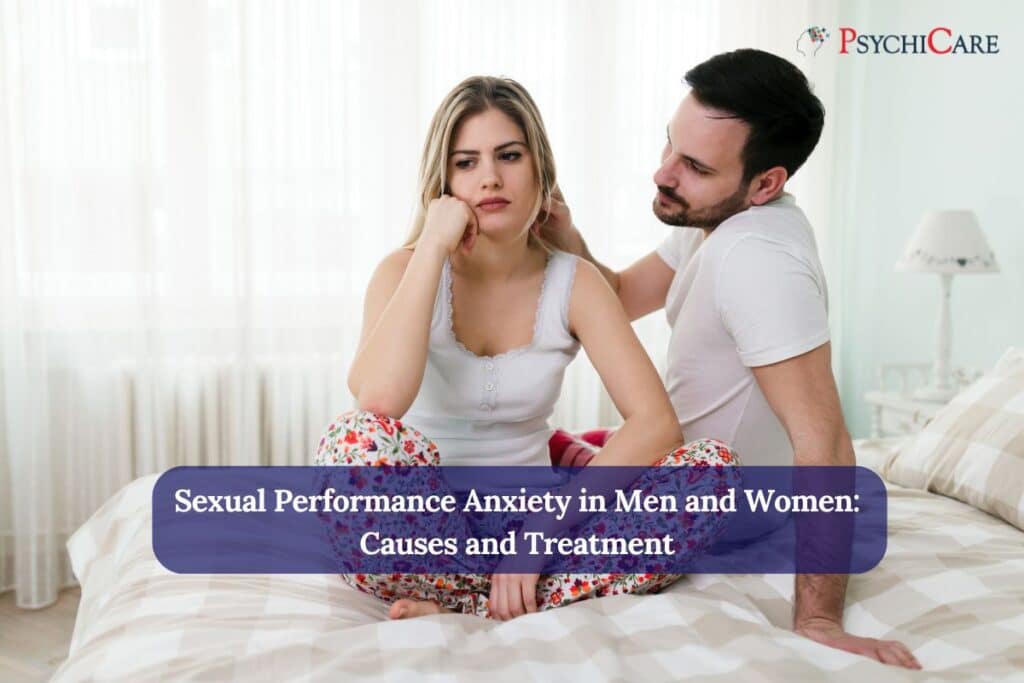Why does sex feel… off after having a baby?
Why does your body feel like it’s not even yours anymore?
And why does the idea of intimacy make you more anxious than excited?
Studies show that up to 83% of women experience some kind of sexual problem within the first three months postpartum. Six months in, 64% still face issues like pain, low desire, or just not feeling “into it” anymore.
Let’s talk about what’s really happening and how you can feel close again without the pressure to “bounce back.”
Why Sex Feels Different Postpartum
Sex after having a baby isn’t just different, it can feel like a whole new world. And you’re not weird or broken for noticing it. Everything shifts after childbirth, from your body to your brain to your bedtime (or lack of one). Let’s break it down.
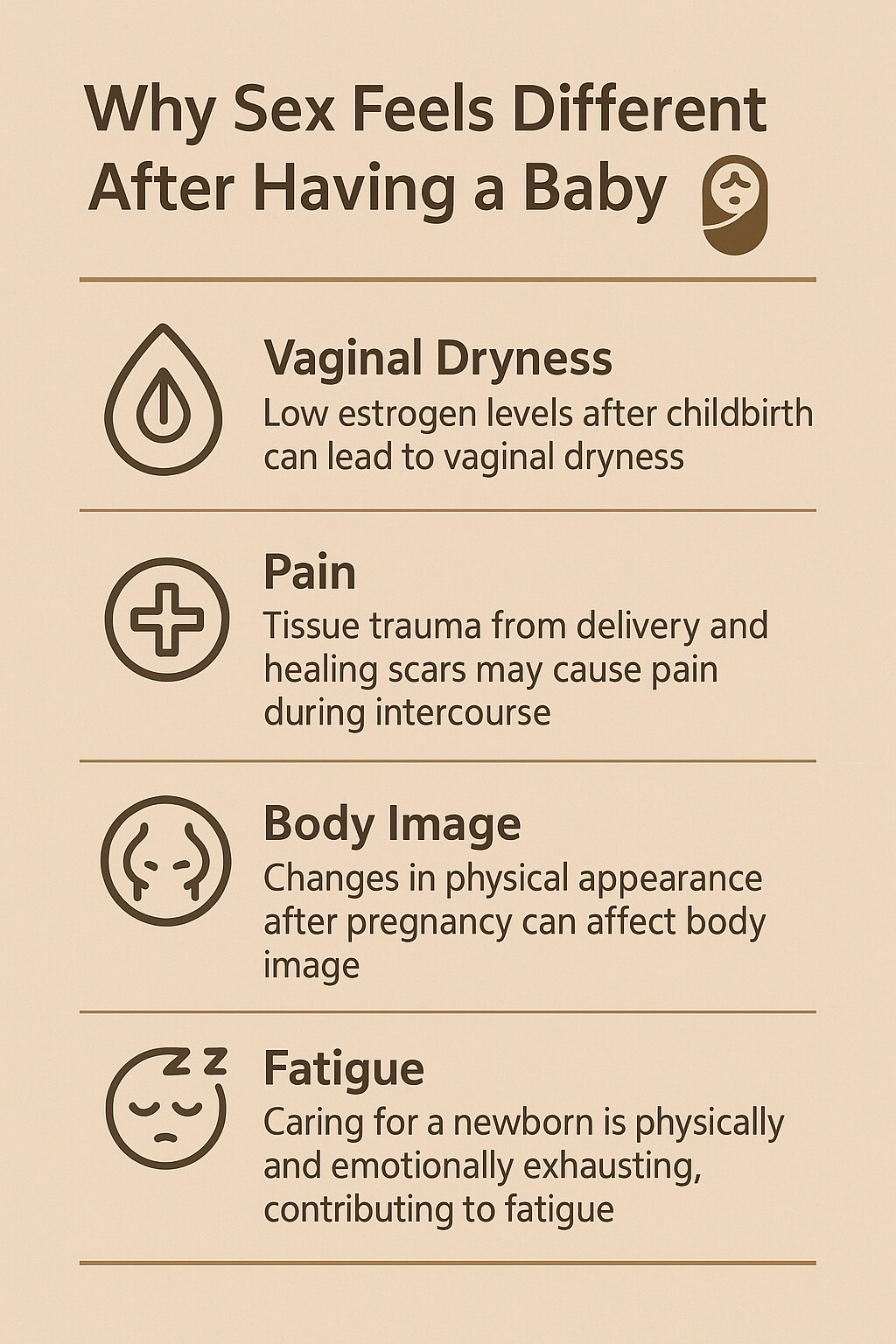
Physical Changes After Childbirth (Hormones, Vaginal Dryness, Healing)
Your hormones? On a rollercoaster. After birth, estrogen drops sharply, especially if you’re breastfeeding. That hormonal dip can lead to vaginal dryness, reduced libido, and even pain during sex. Add stitches, swelling, or C-section recovery to the mix, and it’s no surprise that your body might be saying, not yet.
Your pelvic floor muscles have also been through a lot. Even months after delivery, things might not feel like they used to, and that’s okay. You’re healing, and healing doesn’t follow a timer.
Psychological Shifts (Body Image, Anxiety, Identity as a Parent)
You just brought a human into the world. Your brain is working overtime adjusting to this new identity. Suddenly, your body doesn’t feel like yours. Maybe you’re seeing stretch marks you never had before or struggling to feel attractive again.
Postpartum anxiety is real too. You might constantly worry about your baby, your health, your relationship, even things that never used to bother you. All of this can cloud your desire for intimacy.
And honestly? Sometimes you’re just trying to survive the day. Feeling sexy might not even make the list.
Lack of Sleep and Energy (Impact on Libido and Desire)
Let’s be real: sleep deprivation is brutal. When you’re averaging three hours of broken sleep, sex might feel more like a chore than a connection.
Sleep directly affects libido. Without it, your body produces less dopamine and testosterone, which are both linked to sexual desire. You’re not imagining it, fatigue truly changes your brain chemistry.
Emotional Shifts and Changing Priorities
Your heart still loves your partner. But now it’s stretched thin between feedings, diaper changes, and figuring out how to be a parent. The emotional closeness you once shared may take a back seat without meaning to.
Many couples feel more like teammates than lovers during the first year. That’s normal. But without nurturing that emotional bond, physical intimacy can feel distant too.
What No One Tells You About Postpartum Intimacy
No one really prepares you for the awkward first time after baby. It might hurt. It might be messy. You might laugh or cry or stop halfway through. And that’s all okay.
You may even feel disconnected from yourself, like you’re learning how to be “you” again, in a body and life that’s changed.
Here’s the truth: your sex life isn’t over. It’s evolving. And that evolution takes time, care, and conversation.
Is It Normal to Feel Disconnected from Your Partner?
Short answer: yes. And you’re definitely not alone.
Having a baby is one of the biggest life shifts a couple can go through. While you’re adjusting to night feeds, new roles, and a totally different rhythm of life, that once-easy emotional connection can start to feel… off. And when emotional intimacy drops, physical intimacy often follows.
Let’s look at what’s really going on under the surface:
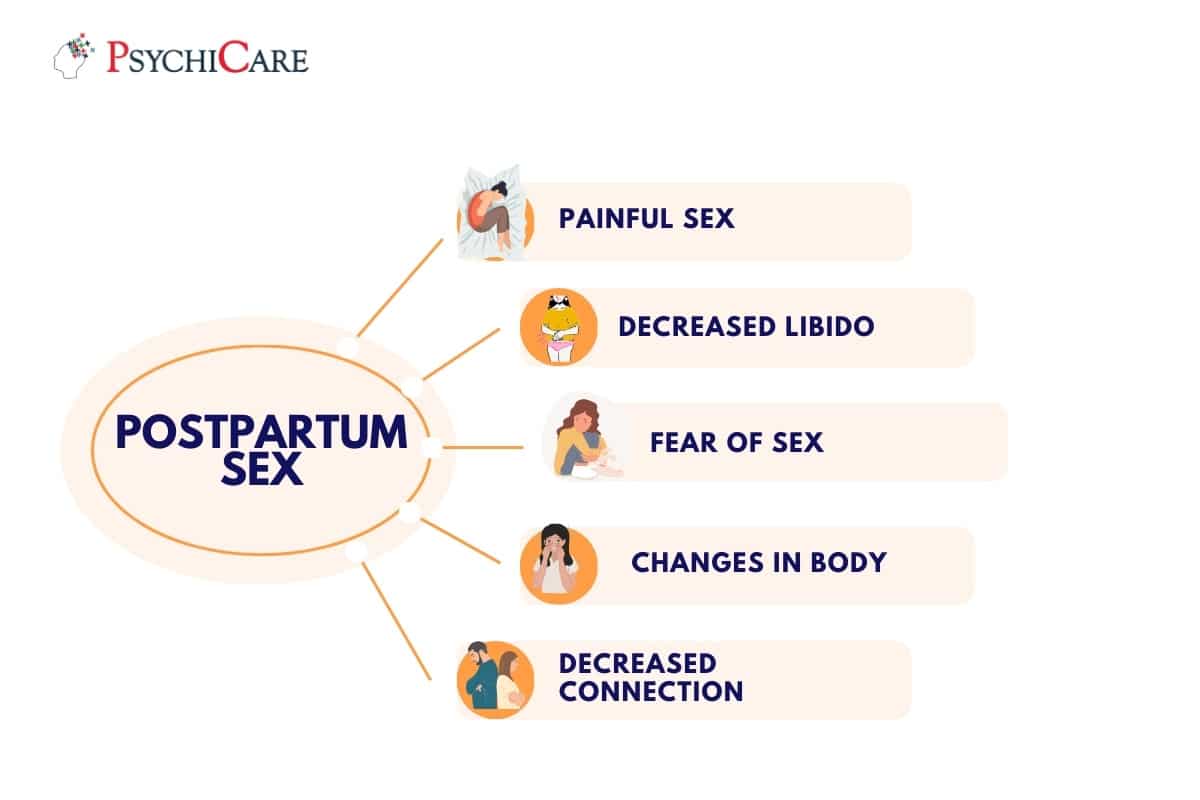
Hormonal Disconnect Is Real
After childbirth, your body is flooded with oxytocin, the bonding hormone, but it’s mostly directed at your baby right now. At the same time, estrogen and testosterone levels take a hit, which can mess with libido, mood, and even your ability to emotionally tune into your partner.
It’s not that you’ve stopped caring. It’s that your body is literally wired to prioritize baby first. Understanding this helps take the shame off those “Why don’t I feel close to them anymore?” moments.
Communication Breakdown After Baby
Before baby, talking was easy. Now? You’re sleep-deprived, stretched thin, and trying to coordinate everything from bottles to blowouts. Deep conversations often get replaced with logistical check-ins: “Did you buy diapers?” “Whose turn is it tonight?”
This surface-level communication can slowly chip away at your emotional connection. Over time, the silence between you gets louder and more confusing.
Resentment and Unseen Mental Load
Here’s what many don’t talk about: one partner (often the birthing one) ends up carrying the invisible workload, tracking feed times, remembering doctor appointments, being “on” 24/7. And when that labor isn’t acknowledged, resentment builds.
Resentment doesn’t always show up as yelling or big fights. Sometimes, it’s the cold shoulder. The short reply. The “not tonight” is really about feeling emotionally unsupported.
These small emotional gaps grow fast if you don’t name them. And over time, they can drain the desire for physical closeness too.
Common Myths About Sex After Baby
There’s no shortage of bad advice floating around postpartum sex, and sadly, a lot of it makes new parents feel broken or ashamed. Let’s set the record straight not with fluff, but with facts and empathy.
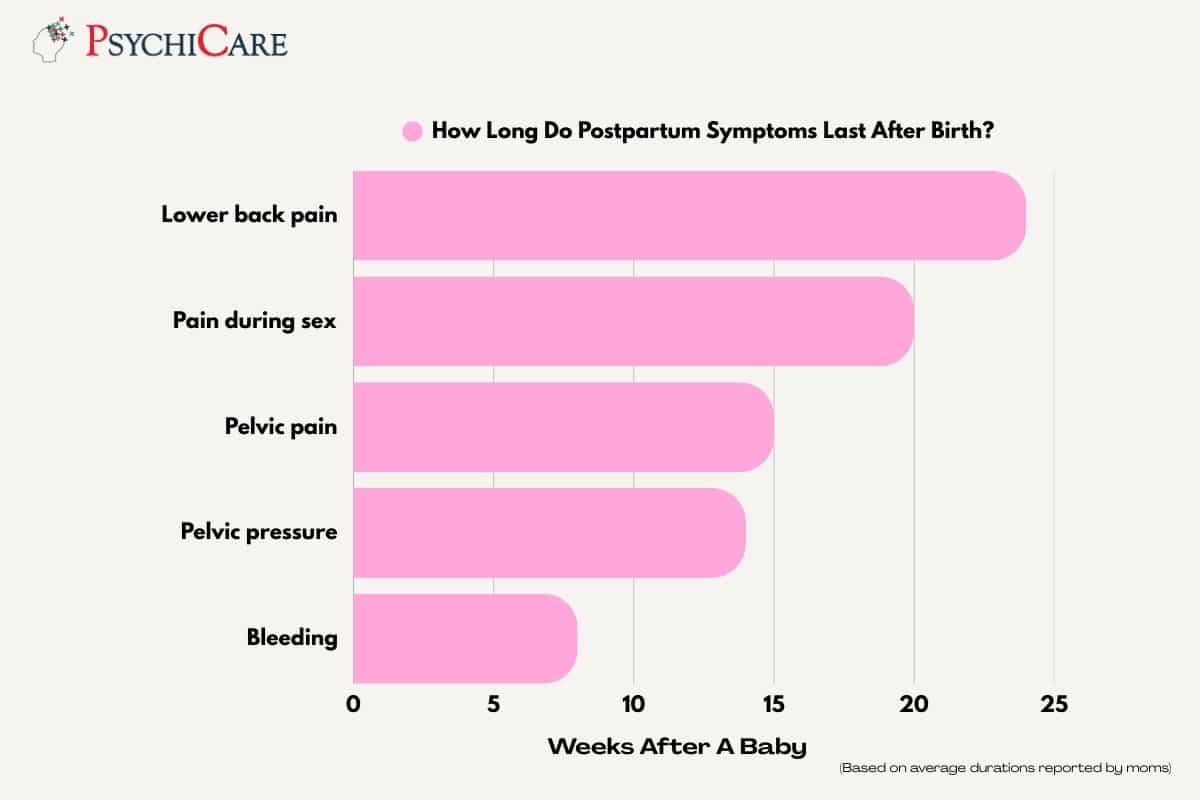
“You’ll Feel the Same After 6 Weeks”
That six-week mark isn’t magic, it’s just a clinical check-in. Physically, yes, you might be cleared for sex. But emotionally and hormonally? Most women still aren’t ready. Vaginal dryness, pelvic pain, and low libido are incredibly common, and it doesn’t mean anything is “wrong” with you. Healing takes more than a green light from your doctor.
“Your Partner Doesn’t Crave You Anymore”
If your partner seems distant, it’s easy to assume they’ve stopped desiring you. But often, they’re unsure how to approach you. They might fear causing pain or feel like they’re not needed in your new role as a parent. The craving might still be there, it’s just tangled in fear, confusion, or lack of emotional closeness.
“Men Are Always Ready, Women Just Aren’t”
Not true. Men deal with performance pressure, exhaustion, body image issues, and emotional stress after a baby too. And many women are capable of strong desire, but not when they feel touched out, overwhelmed, or unsupported. This isn’t about male vs. female sex drive, it’s about how safe and connected both partners feel.
“Sex Is Not Important Right Now”
When you’re running on fumes and keeping a tiny human alive, sex can feel like the last thing on your list. But intimacy, in any form, isn’t a luxury; it’s a lifeline. That doesn’t mean jumping back into intercourse. It means finding small ways to stay close, emotionally and physically, so you don’t feel like strangers in the same house.
How to Rebuild Sexual and Emotional Connection After A Baby
Sex after a baby isn’t about “getting back to normal”; it’s about creating a new kind of intimacy that fits your life now. Here’s how couples can reconnect, even when everything feels off.
Start with Emotional Reconnection
Before you jump into physical intimacy, rebuild emotional safety. That means talking honestly without pressure or guilt. Ask each other, “How can I make you feel more supported?” Sometimes, feeling emotionally seen is what reignites the spark.
Touch Without Pressure
Skin-to-skin touch doesn’t always have to lead to sex. Holding hands, cuddling in bed, even brushing hair out of your partner’s face, these tiny moments rebuild trust. They remind your body that intimacy can feel good, not demanding.
Redefine What Sex Means Now
Let go of old scripts. Postpartum sex might be slower, softer, or more playful. Maybe it means starting with sensual massage instead of penetration. Maybe it’s laughing through awkwardness. What matters is that both of you feel safe, wanted, and present.
How to Ask for What You Need
This isn’t the time for guessing games. Be specific: “I miss being touched without it meaning something sexual,” or “I want to feel sexy again, but I don’t know how.” The clearer your communication, the deeper your connection grows.
From Awkward to Amazing, Making the First Time After Baby Better
It might be clumsy, emotional, even underwhelming. That’s okay. The goal isn’t a performance, it’s closeness. Use lube, take your time, laugh if it gets weird. The more pressure you take off yourselves, the more pleasure you make room for.
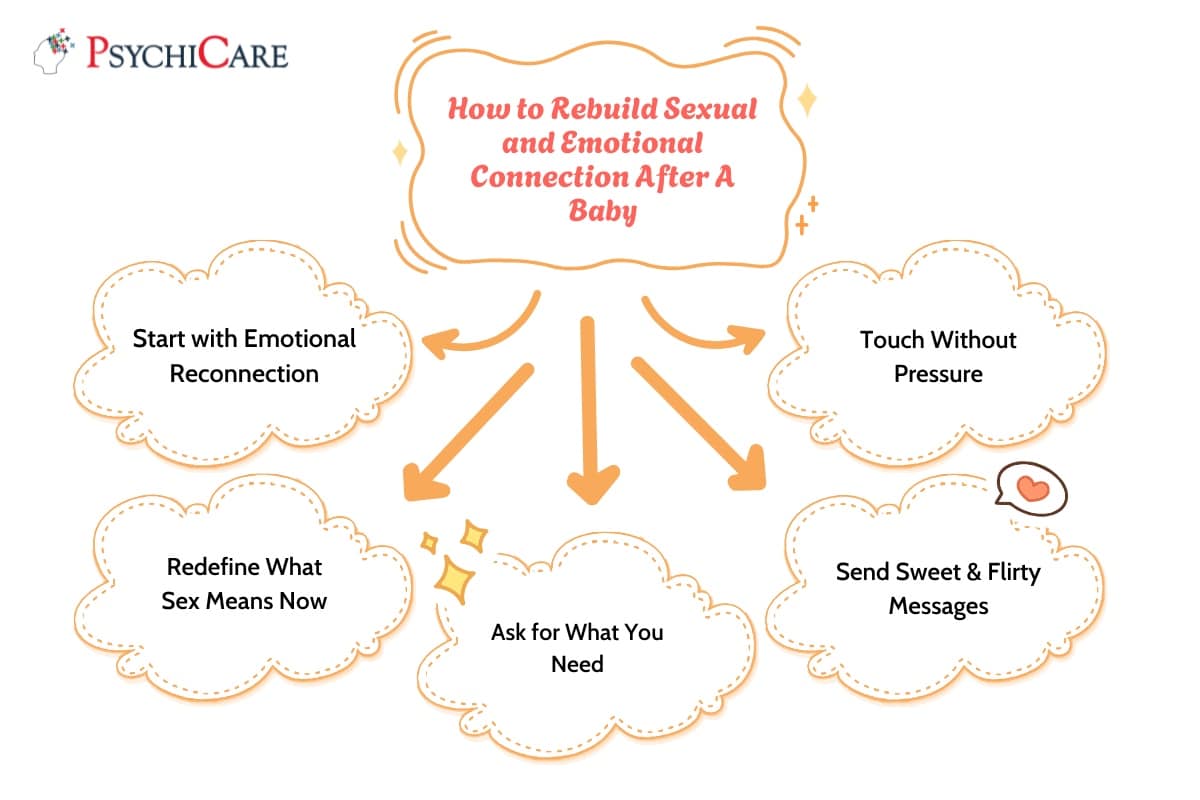
When to Seek Help from a Sex Therapist or Counselor
Feeling distant after having a baby doesn’t make you a bad partner; it makes you human. But if the disconnect lingers, therapy can help you get back to each other. Here’s when it might be time to reach out:
- You’re avoiding intimacy altogether. You choose sleep, distractions, or just hope things fix themselves. But the emotional gap keeps growing.
- Sex still hurts physically or emotionally. If pain hasn’t gone away or you feel anxious about being touched, that’s not something to ignore. You deserve a safe and healing experience.
- You’re emotionally shut down. You’re talking about diapers and daycare, but not your feelings. Conversations feel transactional, not tender.
- Resentment is quietly building. You feel unseen or overburdened. The mental load is killing your desire, and your partner doesn’t notice or doesn’t ask.
- You’re stuck and don’t know how to reconnect. You want to get close again, but every attempt feels awkward or forced.
At PsychiCare, we get it. As certified sexologists and relationship therapists, we help couples move past silence, shame, and stress so they can rediscover what closeness really feels like.
🌀 It’s okay to ask for help. Explore our online sex therapy and counseling and take one small step toward feeling like “us” again.
FAQs About Sex After Childbirth
When is it safe to have sex after childbirth?
Most doctors recommend waiting about 6 weeks, but it’s not just about a date. Healing, hormones, and how you feel emotionally all matter. Always check with your healthcare provider before easing back in.
Why does sex hurt after giving birth?
Pain can come from vaginal dryness (thanks to hormonal shifts), scar tissue, or tense pelvic muscles. If it continues, don’t push through it; talk to your doctor or a pelvic floor therapist.
Will my sex drive come back?
Yes, but it might not snap back overnight. Hormones, exhaustion, body image, and emotional connection all play a role. With time, support, and communication, your desire can return.
How can I talk to my partner about this?
Start with honesty, not blame. Say what you’re feeling, what you need, and what you’re afraid of. Use “I” statements, and remind them that intimacy isn’t off the table, it just needs patience and care.
Do all couples go through this phase?
Yes. You’re not weird or broken. Nearly every couple experiences some shift in intimacy after a baby, it’s just not talked about enough. What matters is how you face it together.


